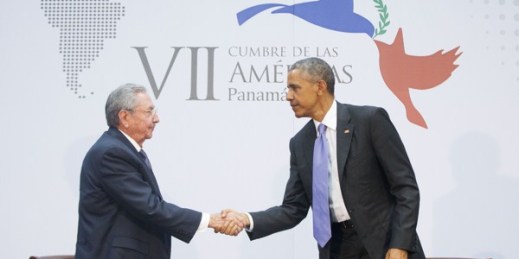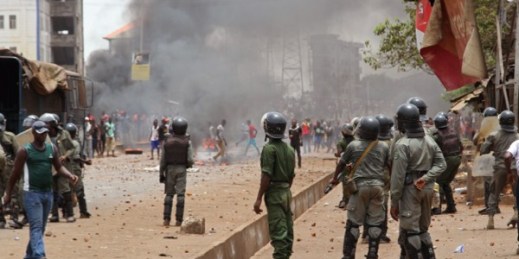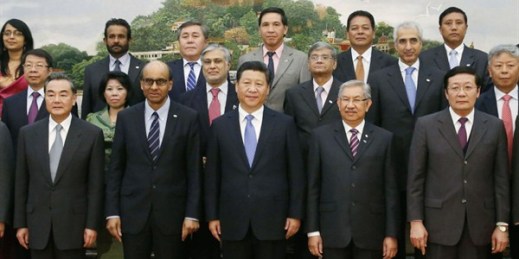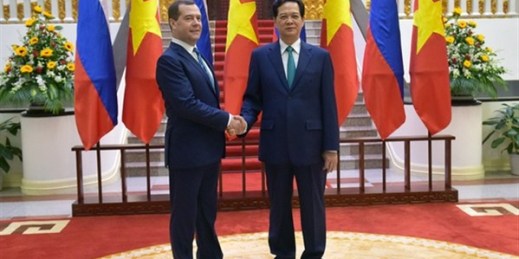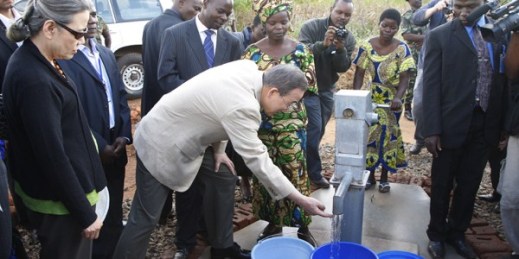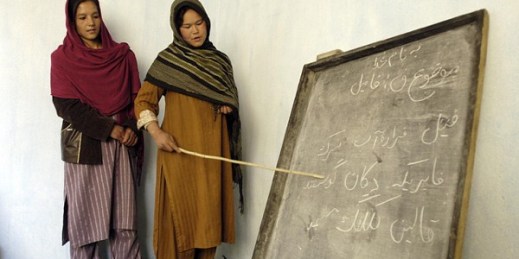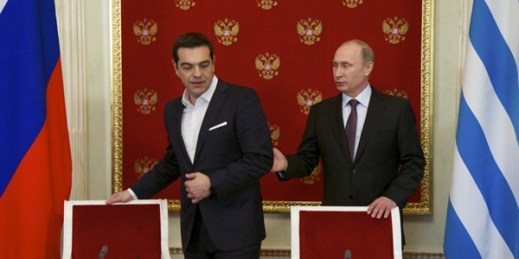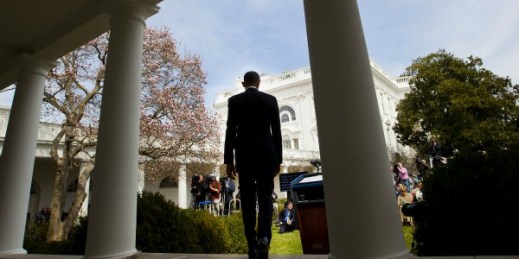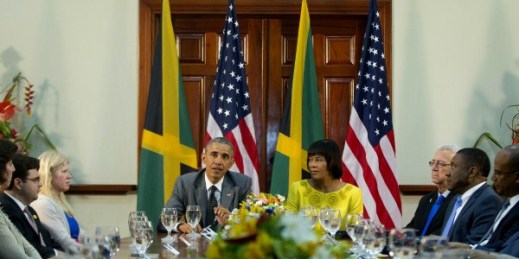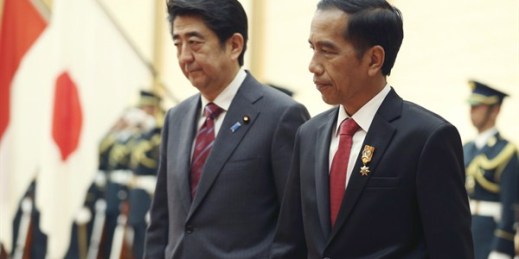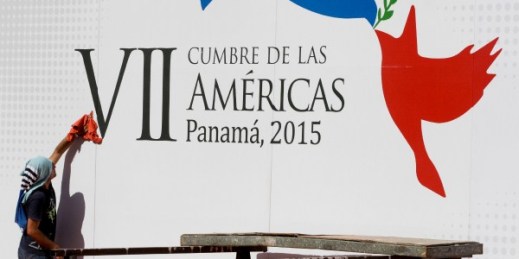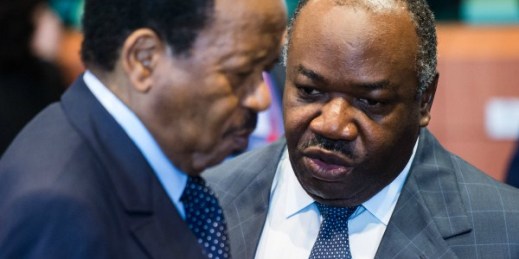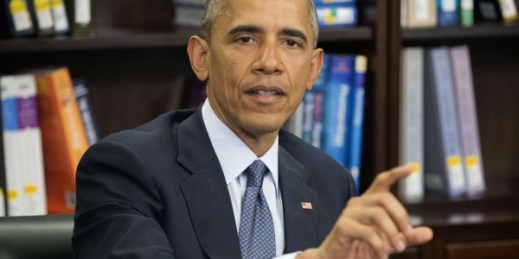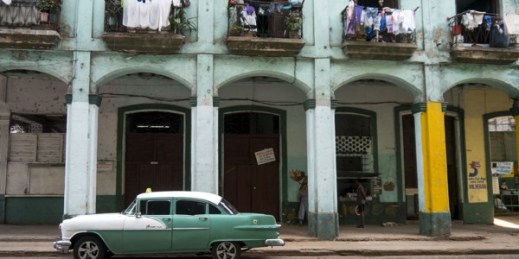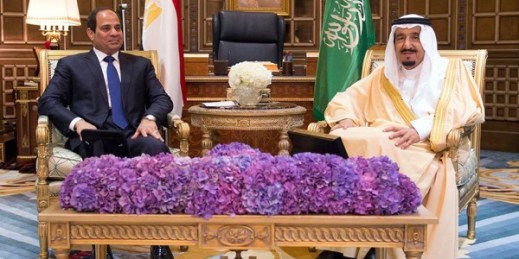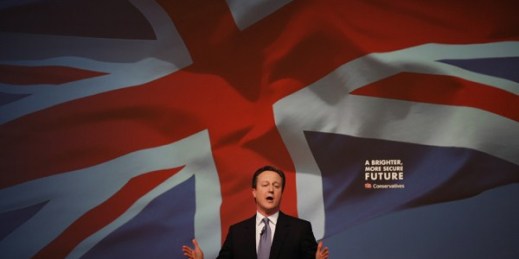
The iconic 1957 Times headline “Heavy Fog in Channel – Continent Cut Off” once aptly captured the United Kingdom’s sense of its unique place in the world. In the British popular imagination, the U.K.’s cultural differences from the rest of Europe extend to its politics. Whereas politics on the continent is based on what Britons see as messy compromises, shifting alliances and hidden coalition deals sealed before the votes are even counted, British parliamentary democracy, embedded in a winner-take-all electoral system, rests on the clarity and legitimacy of a binary choice. When disgruntled, voters can simply “throw the bums out” […]

